Spook a Wyoming lion at dinner? It’ll be back for seconds.
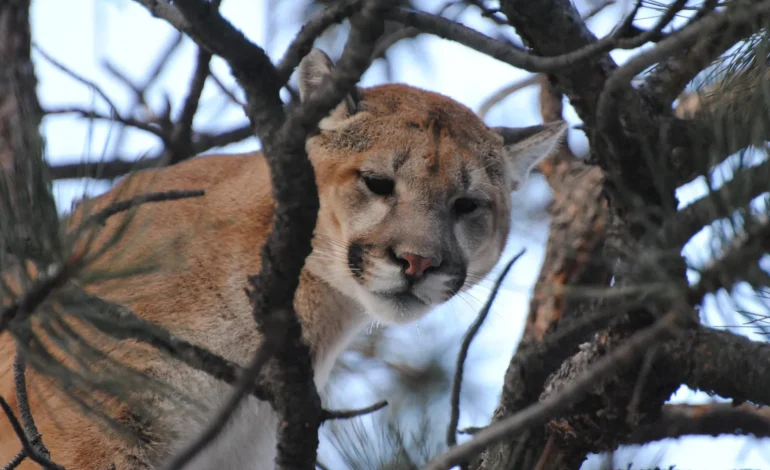
What really happens if you stumble onto a mountain lion mid–meal? A new Wyoming study says the cat usually bolts—then circles back to finish the job.
That wasn’t the assumption going in. Wyoming Game and Fish large-carnivore biologist Justin Clapp and colleagues were racing into fresh kill sites in the Laramie Mountains to swab carcasses for chronic wasting disease, a pace that often “bumped” collared lions off their feasts. Clapp worried the repeated disruptions might force cats to abandon meals and kill again sooner, potentially rippling through elk and mule deer populations. So the team turned their uncomfortable reality into a research question.
Tracking 26 lions — 16 toms and 10 adult females — from 2019 to 2023, the researchers logged feeding at 745 sites and flagged 106 human disturbances. About a quarter were face-to-face encounters; the rest were close passes confirmed by GPS. The cats did what you’d expect in the moment: more than 70% fled. But 72% of those returnees came back to the carcass, and taken together the lions either never left or returned about 80% of the time. On average they moved roughly two-thirds of a mile away and stayed gone around 13 hours before resuming dinner.
The punchline is in the paper’s title:
“Large carnivore feeding is resilient to human disturbance.”
Not only did the cats rarely abandon kills, their kill rates actually dipped because the interruptions stretched out time spent on each carcass. And the more a lion was “bumped,” the savvier it got: with each encounter, the odds of returning climbed by about 22%. No chest-thumping drama, either — researchers saw zero instances of cats defending carcasses; the only tense moment came when a “kill cluster” turned out to be a den of kittens.
Conventional wisdom casts humans as “superpredators,” and in heavily hunted Wyoming, houndsmen pose real risk to lions. The study doesn’t minimize that. But it does underline how adaptable and downright smart these apex predators are. As Clapp put it, we should give them credit: despite our disruptions, they persist, reoccupy, and keep finding a way — often back to the same carcass you scared them off hours before.
The original story by for WyoFile.

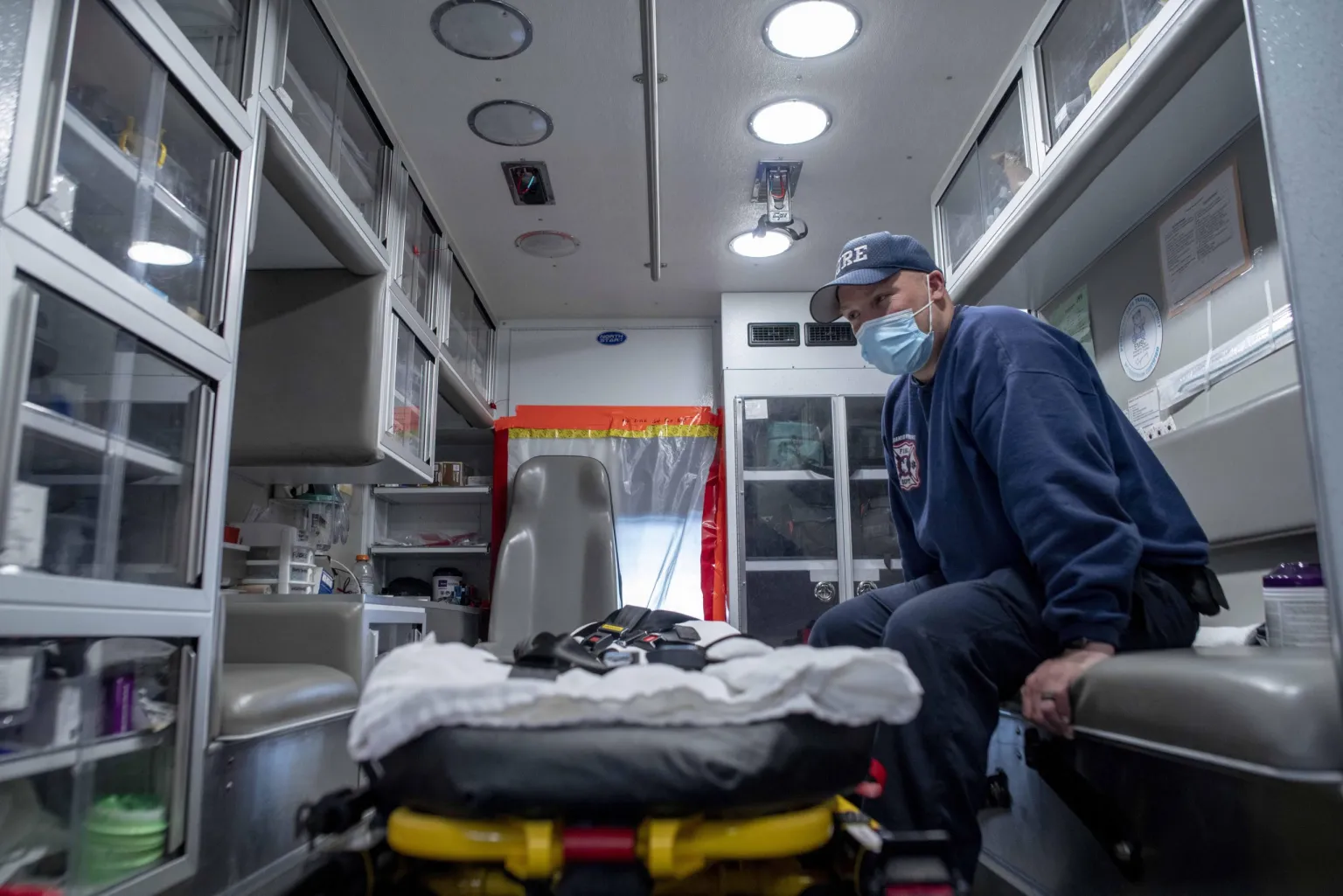

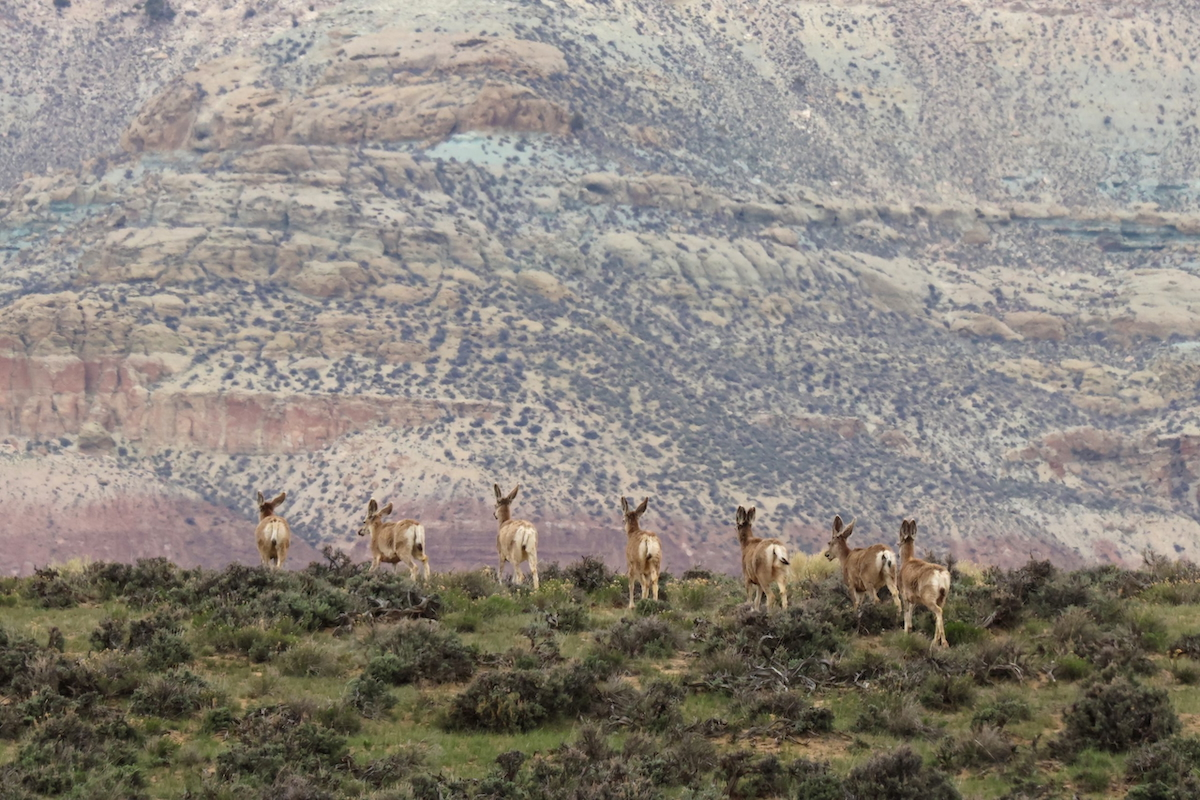


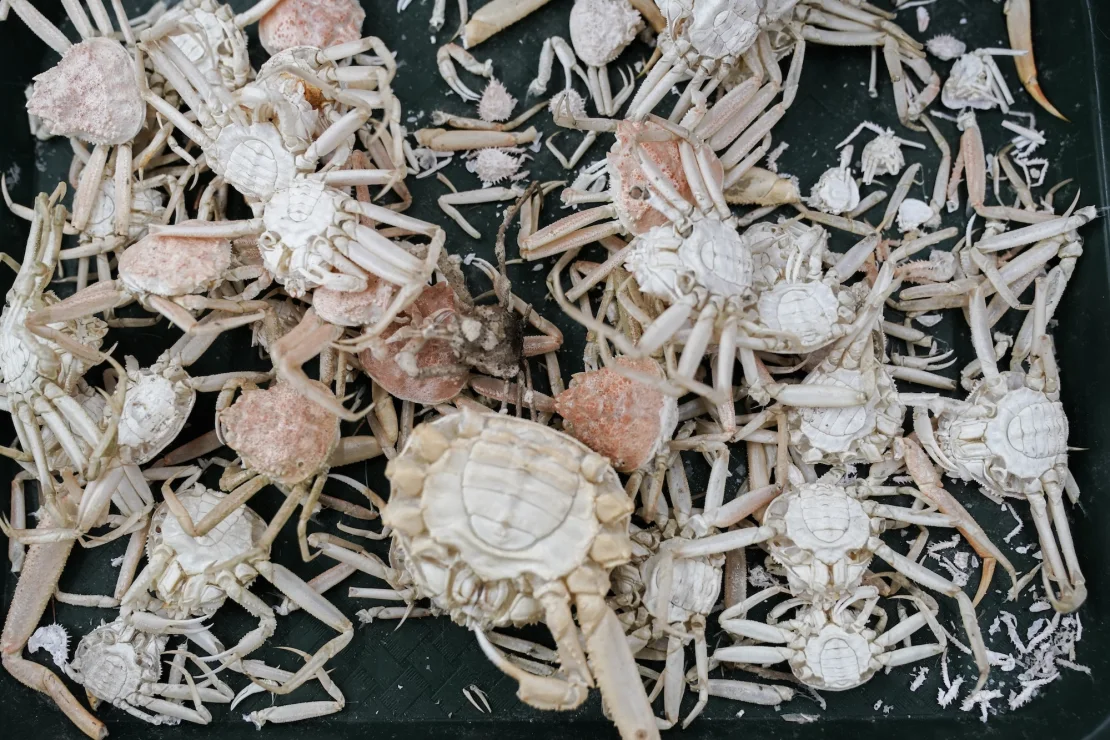
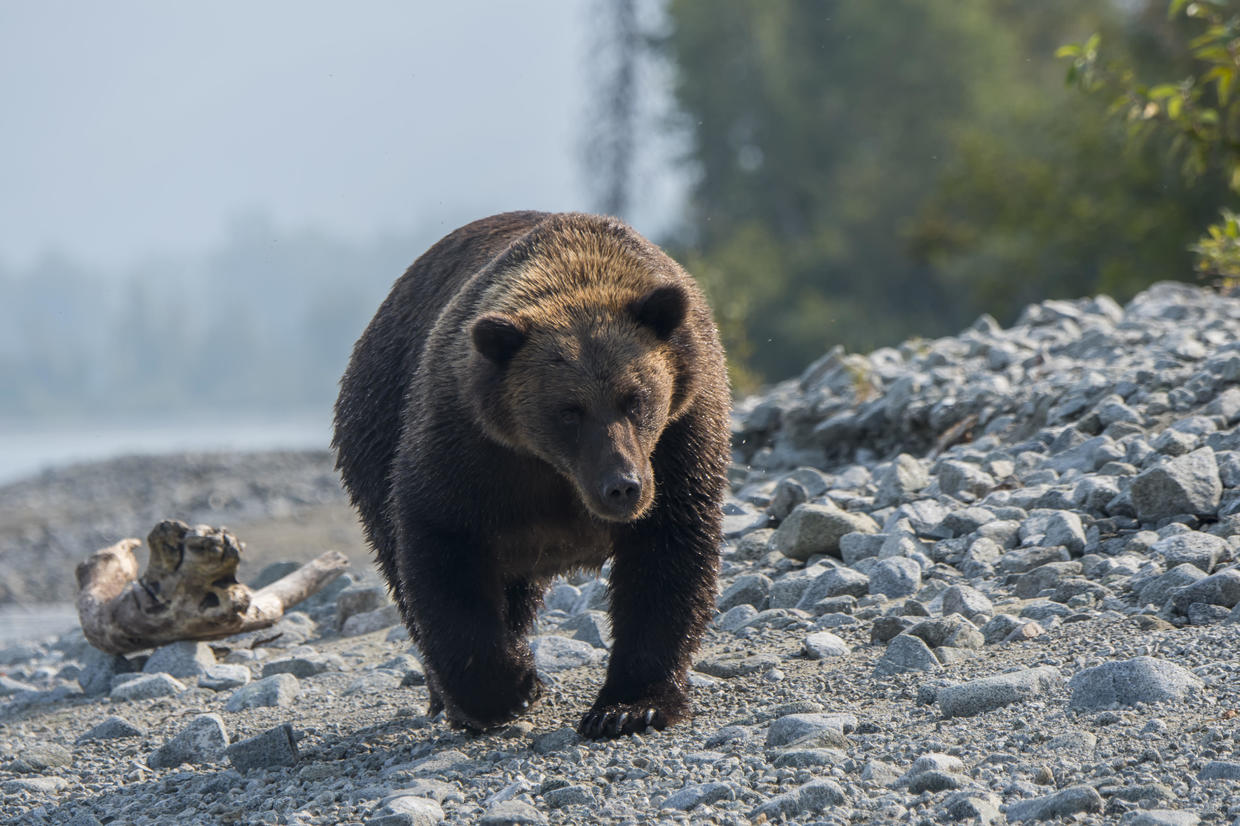
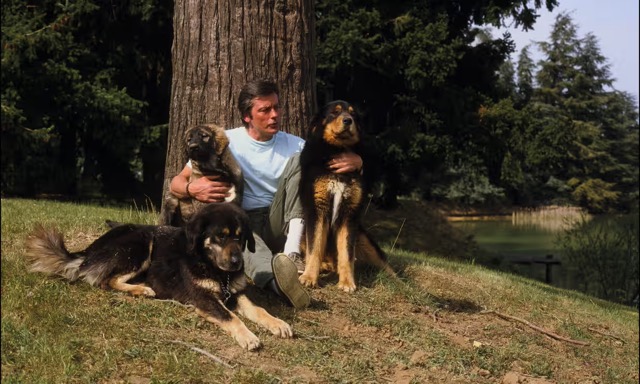
The latest news in your social feeds
Subscribe to our social media platforms to stay tuned